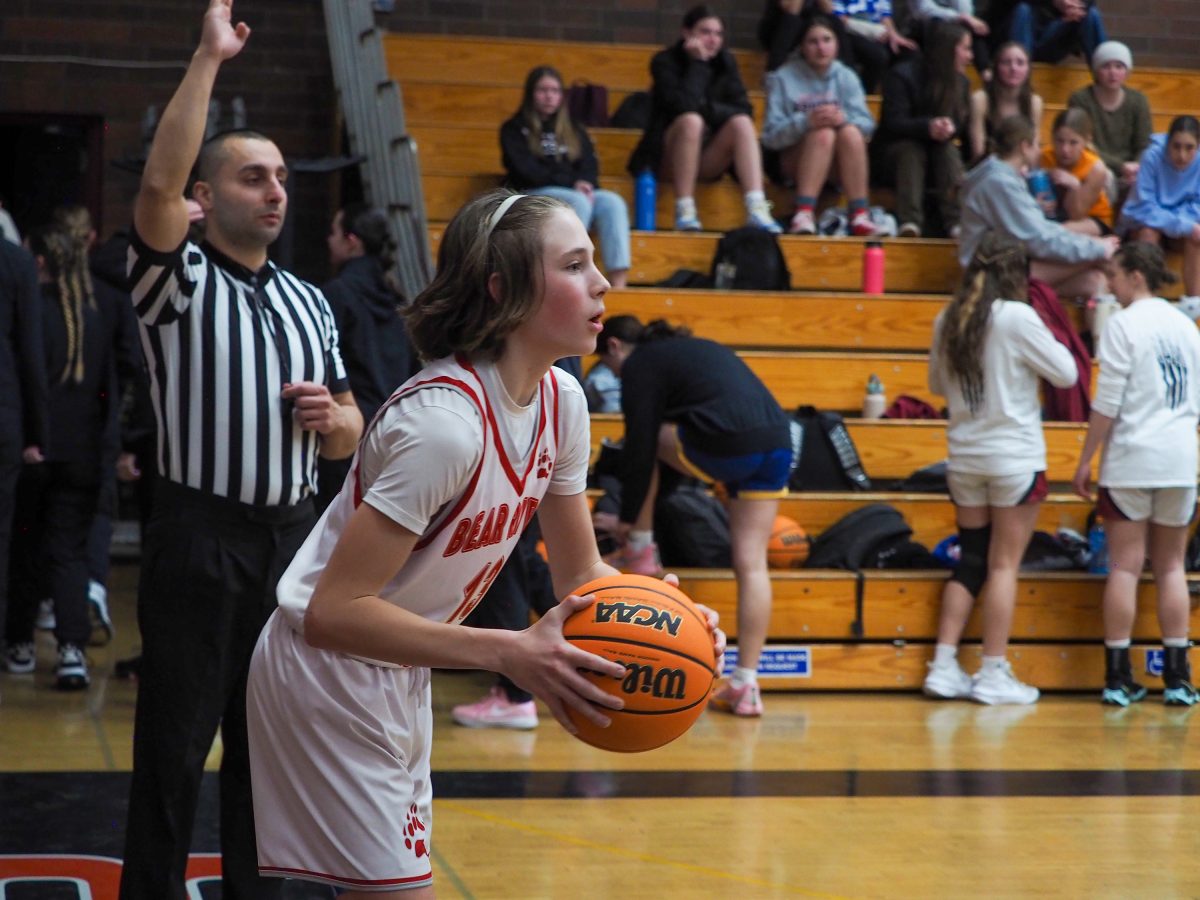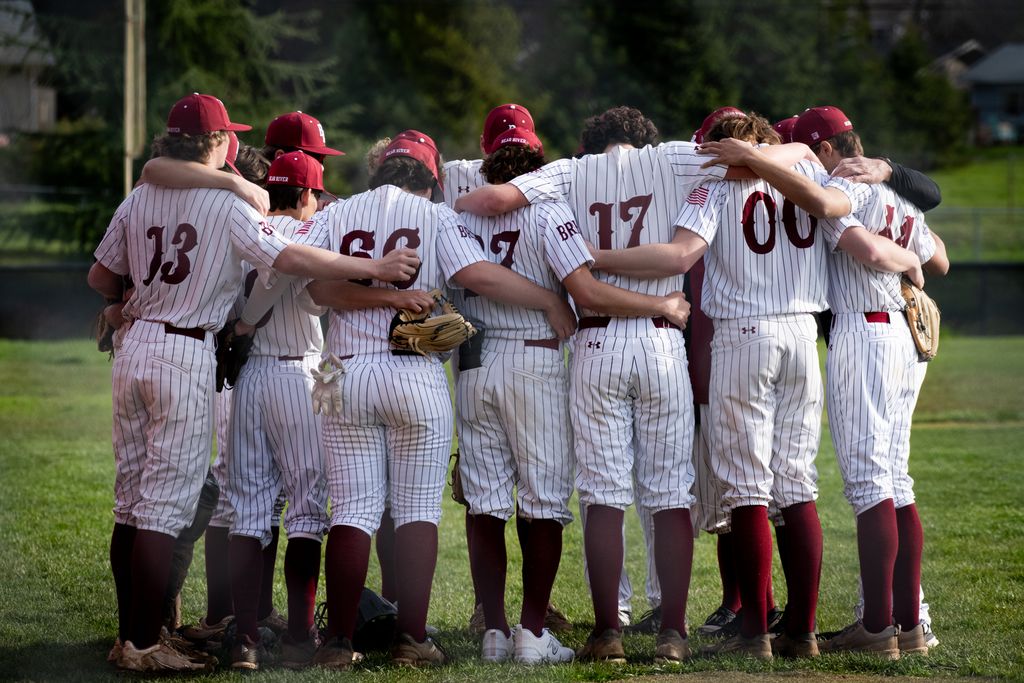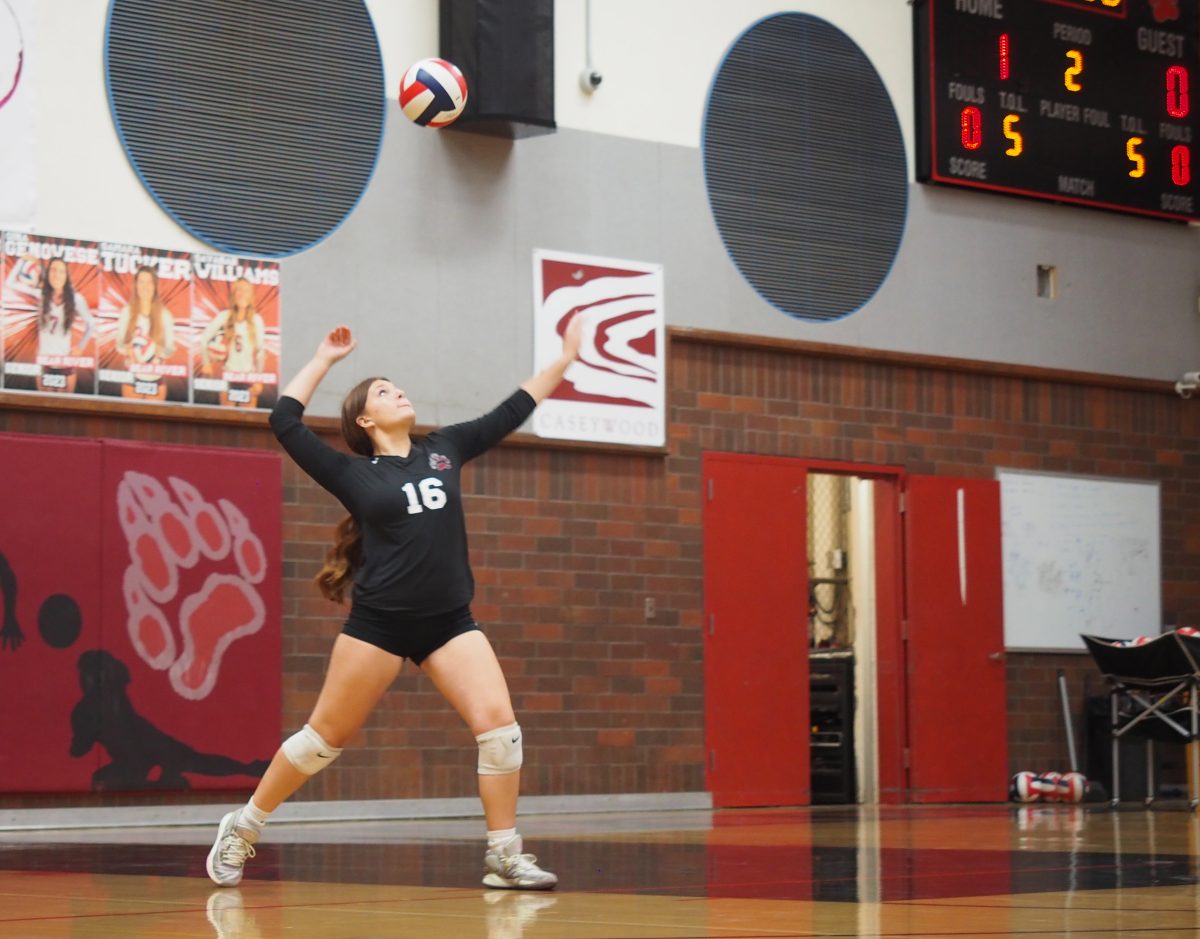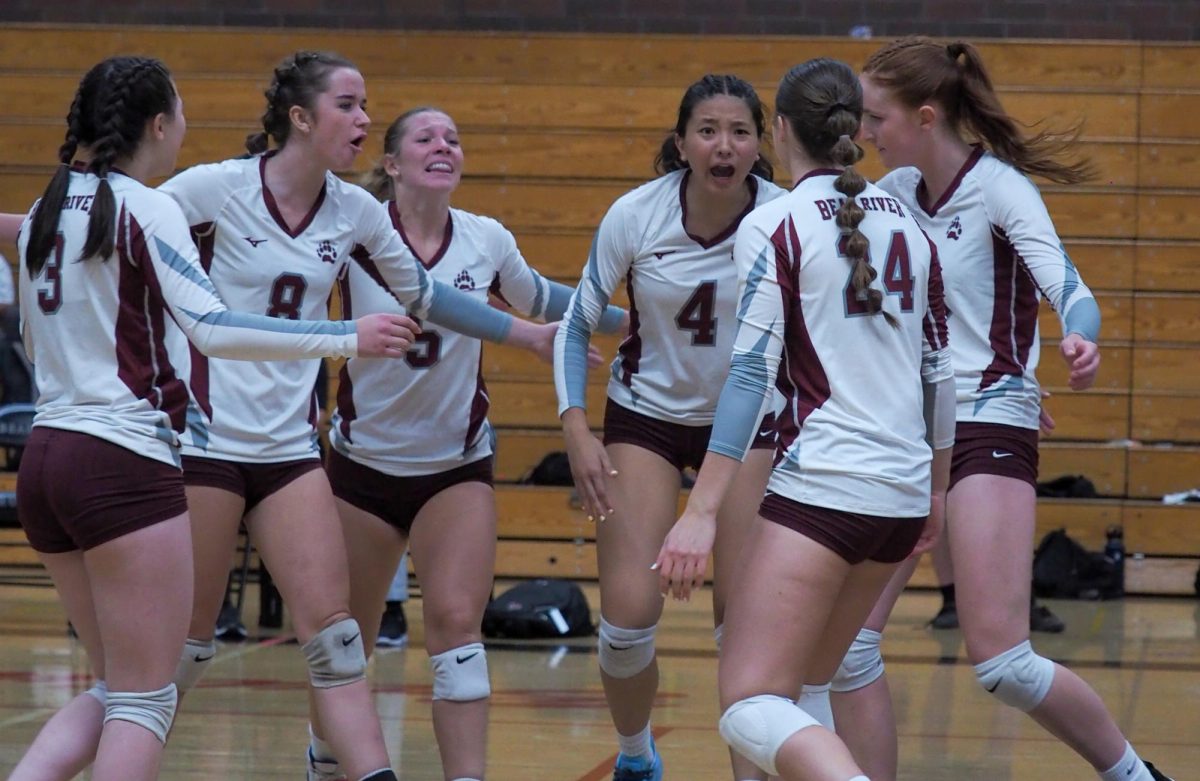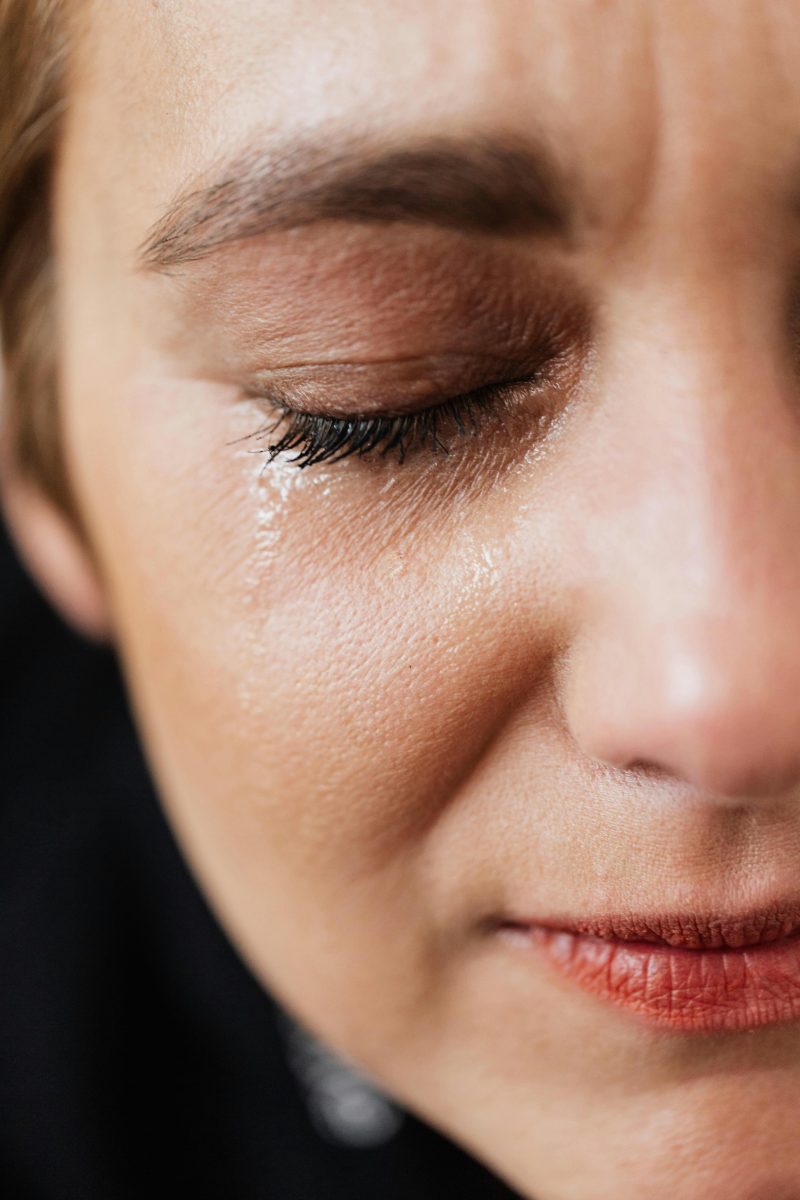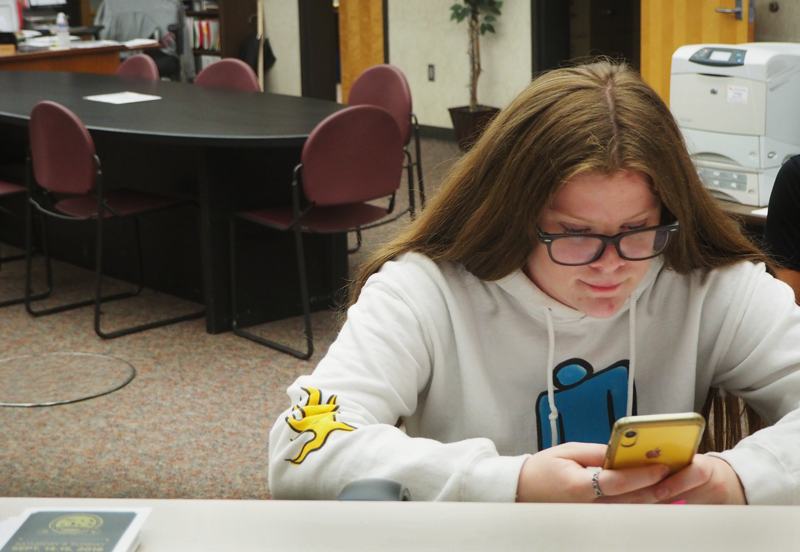Most students at Bear River can admit that at one point or another, they’ve procrastinated on something — whether it be a school assignment or household chores. Some students have had it negatively affect their education, while others claim that it has helped them.
It is easy to get an assignment and tell yourself that you’ll get it done eventually, but you could just be setting yourself up for more stress. This stress can be all the more reason to be motivated to get the assignment done on the contrary. Of course, this all depends on the person.
For example, Sophomore Dayanara Moreno believes that procrastination is beneficial, as she claimed the pressure helps her.
“I would definitely consider myself as a person who works better under pressure,” she said. “I don’t think procrastination has affected me academically. If anything, I think that when I procrastinate, I get very good grades. For example, for the past year, I’ve written my English essays two hours before they were due, and I’ve gotten much better grades on them than I have in the past where I wrote them early.”
However, others say procrastination has hurt their school performance.
“It makes my grade terrible and then I get grounded,” claimed Sophomore Krystina Reyes.
“[Procrastination has] not really [helped me] because the work wasn’t done that well,” said Sophomore Alicia Anderson.
Counselor Mary Buhr had something to say on this topic.
“I think it increases anxiety in students because they [procrastinate] and all of the sudden it’s crunch time, and they have to get a bunch of things done at once because they haven’t paced themselves out,” she explained. “So, I think, usually, having to do that rush kind of job at the end is not their best work.”
She continued to describe how procrastination affects her to this day.
“[Procrastinating] has probably increased some anxiety in me at times because I know… that I have that deadline in front of me,” she said.
Students provided similar answers regarding whether procrastination is beneficial.
“Yes [procrastination is a bad habit] because the work… isn’t as good,” claimed Anderson. “It’s better to have self-discipline.”
“I, for sure, think that procrastinating is a bad habit,” said Moreno. “It affects me at school the following day since I’m tired from staying up so late the night before.”
However, Mrs. Buhr thinks it can go either way.
“In my experience, I have often found that sometimes, if I procrastinate about an issue or a problem, … I take some time to think about it… [and] the problem takes care of itself,” she explained. “Sometimes it just needed a little bit of time to work itself out. So, in some situations, yes [procrastination can be beneficial].”
Reyes had a tactic to help overcome procrastination.
“[You could try] setting a deadline before the deadline of the assignment and not changing that deadline; making sure that that’s the deadline for you,” she said.
Ms. Buhr also described how she overcomes procrastination.
“I don’t know that I’ve fully overcome it yet… but I’m getting better at getting a planner and calendars,” she said. “I’m very big into having a visual so I have a calendar on the wall. Even though I don’t have things on there, I can visualize when something’s due and how much time I have before I can do it. I also try to break things down into chunks and make a to-do lists so that I can kind of check off portions.”

